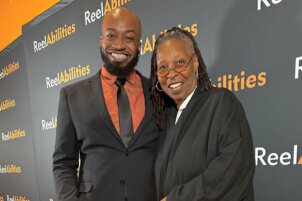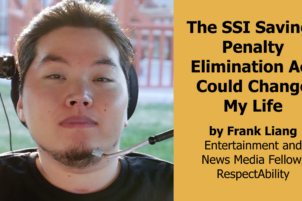As the fall semester of college wraps up, many fraternities and sororities are already starting to make plans for next semester’s Greek life recruitment. Greek letter organizations usually have a set idea of the type of people they would like to extend a bid or formal offer to become a member to. But does that fixed idea of the perfect member come with an ableist mindset?
In 2018, talks of the lack of disability inclusion in Greek life made major headlines when Ann Catherine Heigl, a George Mason University student who has Down Syndrome, was rejected from every sorority. From what the articles described about Heigl, she appeared to have several qualities that sororities look for. She was a varsity cheerleader, involved in the community, and had strong academic performance. Many students with disabilities have a similar story to Heigl’s. They are quickly judged and dismissed before they even have a chance to show who they are, just because they have a disability.
Greek organizations cannot confront their implicit bias if they do not even know what that is or that they have it. It is becoming more commonplace for colleges to offer diversity, equity, and inclusion training to fraternities and sororities. Some schools even make it mandatory. But disability inclusion often is not mentioned in these training sessions, and when it is brought up, the information provided can lack depth. Both apparent and non-apparent disabilities need to be throughly covered.
Students in Greek life may have never considered that a potential new member who is more quiet is not disinterested, but could just be trying to process what is around them or could have a hard time keeping track of conversation in large groups. They might not realize that the events they are holding are in an inaccessible location for the student using a wheelchair hoping to get a bid. Awareness is the first step, but there is no change without action. Inclusion should be a priority in the recruitment process and a great way to start is by consulting with organizations such as RespectAbility. Groups can request to have trainings from RespectAbility’s Disability Training and Consulting Bureau and get matched with topics and trainings that meet their goals. They can also look at webinars and resources listed on the website that would best suit their needs. When figuring out how to create a more inclusive and accessible environment it can be difficult to figure out where to start, but reaching out to disability advocates for help is an excellent way to ensure your Greek organization is moving in the right direction.







